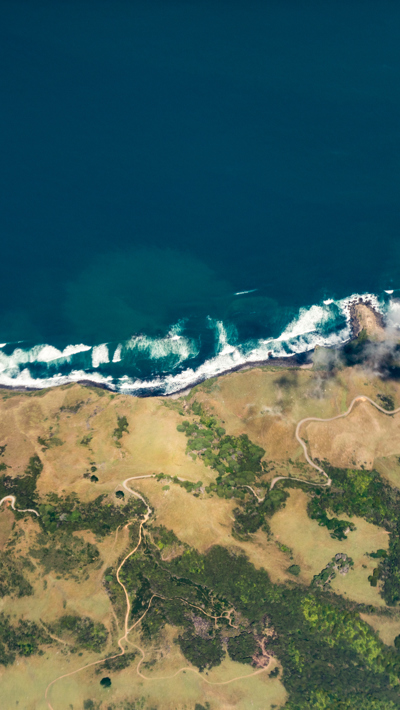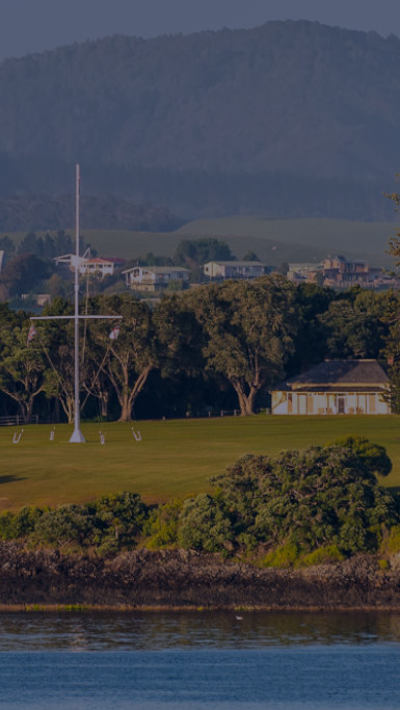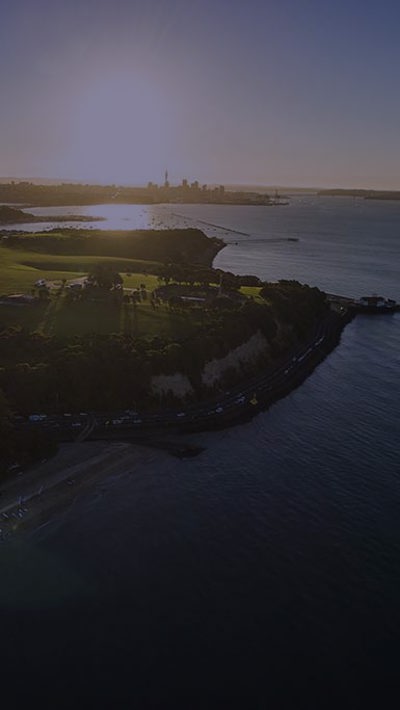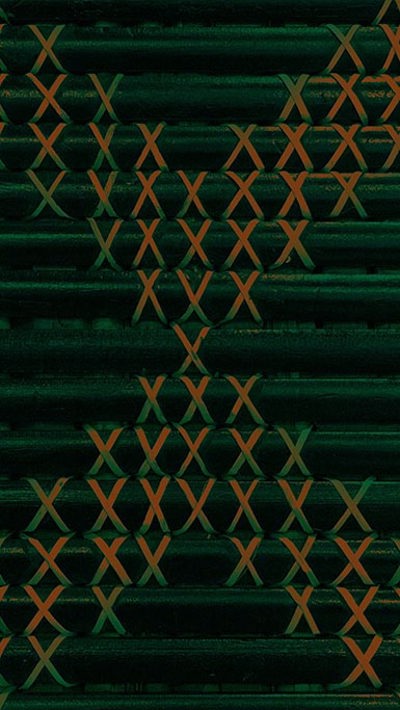Speak to our experts
Contents
He Poutama, a just released study paper from Te Aka Matua o te Ture | Law Commission, led by Justice Christian Whata, provides a comprehensive analysis of what tikanga is and how tikanga and state law might best engage in a way that maintains the integrity of both.
It also lays down the challenge – that the weaving of state law and tikanga together in a legitimate, authentic and coherent way starts by building an understanding of tikanga that is accessible to all New Zealanders.
The paper draws on the expertise of leading tikanga practitioners and academics, decisions of the courts, legislation and policy with the objective of providing “guiding frameworks” to assist legal and policy practitioners to engage more authentically with tikanga, which the Commission sees as an urgent need.
It is divided into three parts:
- Part One maps an understanding of tikanga grounded in mātauranga Māori;
- Part Two reviews the interaction between tikanga and state law (including legislation, other regulation, judge-made common law and stated-based institutions, conventions and norms that underpin state law); and
- Part Three looks to the future and considers pathways to appropriate engagement between tikanga and state law.
Principles for common law engagement
The common law is in a state of transition in relation to tikanga. The Commission identified three major categories of claims where tikanga intersects with the common law.
- Claims based on tikanga custom. These claims seek recognition of a tikanga-based custom as giving rise to legally enforceable rights and interests in the common law. Historically, these were called customary law claims. They generally concern the recognition of property rights based on a tikanga-based custom.
- Claims based on tikanga values. In these claims, the court is asked to consider tikanga values as part of the relevant context when developing the common law. Rather than involving a contest between the common law and tikanga, tikanga values are weighed alongside other values that may be relevant to the dispute. These claims arise in a variety of contexts, including environmental law, employment law, sentencing and family law.
- Claims based on tikanga as law. In these claims, the court is asked to make declarations or determinations about tikanga itself as law within Māori society. In other words, courts are asked to decide what the tikanga is, in a specific situation.
Because tikanga has not featured in general legal education until recent times, the legal profession and judiciary are still developing expertise in engaging with tikanga. The Commission suggests:
- Tikanga should be interpreted and applied through a tikanga lens. Legal practitioners and the judiciary must consider tikanga as it is understood within te ao Māori — the Māori worldview. This requires understanding tikanga from the inside and an understanding of concepts that inform te ao Māori.
- Judges should be guided by manaakitanga when engaging with tikanga. Judges also require assistance in satisfying their obligations to tikanga. Tools already available include:
-
- Using pūkenga as court experts to assist with disputes about the meaning and effect of tikanga within te ao Māori;
- Referring tikanga issues to the Māori Appellate Court through the case stated procedure; and
- Using case management tools, such as requiring parties to discuss their categorisation of the tikanga dispute (as a custom, value or law claim) and what tools they consider might assist the parties and the court (e.g., whether pūkenga should be appointed).
- The courts and alternative dispute resolution processes should be enhanced to help promote coherent common law engagement with tikanga. Options the Commission explores are:
-
- Establishing a specialist tikanga panel in the High Court;
- Providing for the appointment of pūkenga as commissioners of the High Court;
- Extending the Māori Land Court’s jurisdiction to include aspects of claims about tikanga as custom and tikanga as law. Appeal rights on questions of tikanga could be limited to the Māori Appellate Court;
- Arbitration as a binding dispute resolution process that can be customised to use tikanga as the governing law and facilitate a more tikanga-consistent procedure. The Arbitration Act could include new tailored default rules specifically designed for tikanga disputes.
Tikanga proficiency in the public sector
Statutes and statutory interpretation have always been the primary mechanism by which state law engages with tikanga. New statutes must be drafted with consideration of whether the statute might affect tikanga practices and must be consistent with tikanga as far as practicable.
This requires that public officials developing and implementing policies and laws be proficient in tikanga, which in turn requires capacity and capability building.
Te Waka Ture comment
Te Waka Ture supports the Commission’s proposals directed at educating the judiciary, the legal profession and public officials about tikanga. The Study Paper itself will be a valuable tool for those who will be dealing with these issues.
The Commission encourages restraint by the judiciary in approaching tikanga and its place in the law of Aotearoa. But Te Waka Ture suggests the strategies the Commission has identified to assist judicial decision-making are robust and can be relied on in making findings about tikanga, in particular given the Supreme Court’s finding that tikanga rights are legal rights that the courts have a responsibility to determine.
The Commission also acknowledges the reality that capacity and capability building in the public sector require leadership (including from Ministers), resources (funding) and humility. In the current and likely future political environment, this will be a hard ask.
But as the paper points out – all of the suggestions are a “slow weave”.
Māori, as tangata whenua, and the practice of tikanga, is here to stay. In fact, it is getting stronger. There is a renaissance of reo and tikanga in Māori communities. And the sooner all New Zealanders recognise this fact, the sooner we will all contribute to the weaving of state law and tikanga together in a legitimate, authentic and coherent way.
Te Waka Ture acknowledges the significance of the Study Paper, and all those who contributed to this important project.
See also our Te Ao Māori Trends and Insights publication in which we track the growing recognition of tikanga in the law of Aotearoa.





























